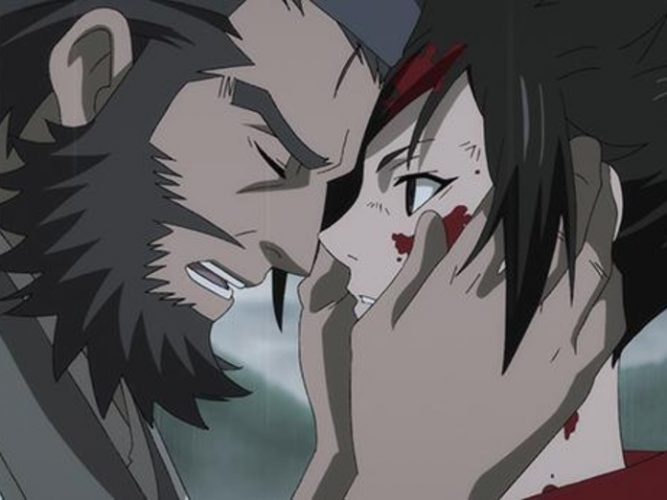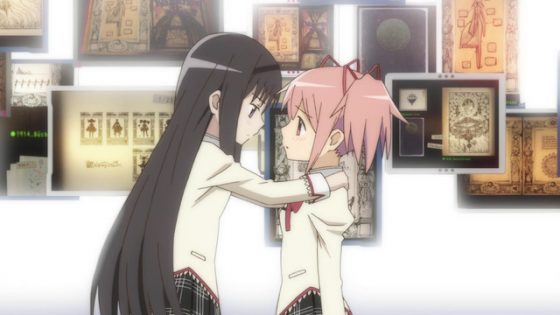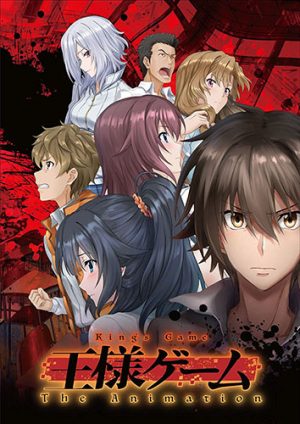
Truly satisfying anime endings only come along once in a blue moon—well-written conclusions like the final episodes of Code Geass or Cowboy Bebop are in the minority compared to the rushed, confusing, or blatantly unfinished finales that plague most anime. But why is that the case? There are all kinds of reasons, so let’s explore some of them together, shall we?
The Source Material is Incomplete or Flawed
Anime is almost always based on some kind of source material—most commonly, manga that is serialized in a weekly or monthly magazine. And unless the manga is already finished (like Dororo or the existing adaptations of JoJo’s Bizarre Adventure) or the anime chooses to branch off from the manga’s plot (like Soul Eater or Fullmetal Alchemist 2003), a new anime is bound to enter production without any sort of concrete ending in mind. Older anime relied on filler to avoid overtaking the manga, which weakened the pacing and often made endings feel cheap, while newer seasonal anime are in constant danger of not getting an ending at all if they aren’t renewed for enough seasons.
On the other hand, the source material itself could have fallen victim to story pitfalls common in serialized manga (like power creep or arcs that go on forever) and the anime is forced to adapt the manga’s mediocre ending because they don’t have the resources to rewrite it. This is the fate of many long-running shounen anime like Fairy Tail, Naruto, and Bleach.
Anime Production Issues
Even original anime can fall at the final hurdle if production issues come into play. Neon Genesis Evangelion is infamous for this, as director Hideaki Anno had a mental breakdown near the end of the series, resulting in the last two episodes being partially drawn in pencil and resolving none of the story threads the rest of the anime had set up. Kare Kano and the first adaptation of Fruits Basket ended abruptly because of creative differences between the studios and overly controlling mangaka, and some newer series like Hoshiai no Sora get their episode counts slashed by the network if they aren’t performing well enough. If there’s unrest behind the scenes, the final product will suffer for it.
They Just Wanted to Make More Money
Or course, then there are anime that have perfectly satisfactory endings (or arc endings that could serve as finales), but someone high up on the food chain wants to milk a few more bucks out of a cash cow show. Mahou Shoujo Madoka Magica had a wonderfully bittersweet final episode, but the Rebellion movie just had to come along and ruin it by undoing everything that Madoka worked so hard for. Even Code Geass itself had the divisive spinoff movie Lelouch of the Re;surrection, which thankfully took place in an alternate timeline so as not to taint the existing ending, but the very fact that it exists is enough to anger some people. Please, just let good endings stand by themselves!
Final Thoughts

We understand why all kinds of factors can contribute to souring an anime’s ending, but we wish satisfying conclusions were more common in this great medium of ours. Maybe, as the industry evolves, we’ll see more great endings come along for the shows we adore the most.
What did you think of our overview? What are your most hated anime endings? Do you think these reasons excuse certain anime for having bad endings? Let us know in the comments, and thanks so much for reading!
Recommended Post
The 5 Most Unsatisfying Anime Endings
Recommended Post



